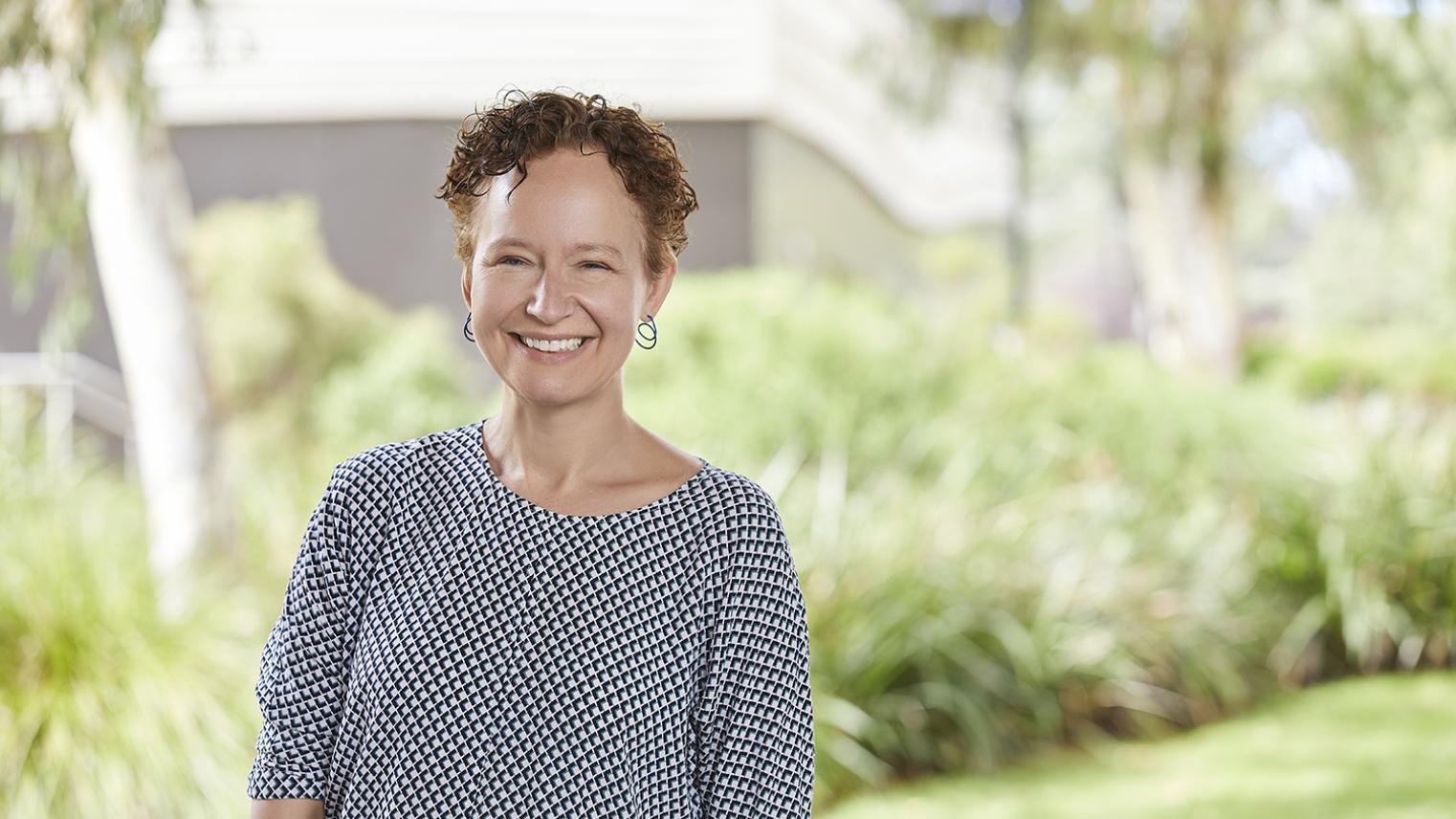Rebuilding electoral confidence: Therese's journey through PhD studies

We are incredibly proud of Therese Pearce Laanela, who recently completed her PhD with the School of Regulation and Global Governance (RegNet) at the Australian National University. Therese leads the Electoral Processes Unit at International IDEA, a democracy-focused intergovernmental organisation based in Stockholm, Sweden. With 30 years of experience working with elections at the field, headquarters and policy levels, she has made significant contributions in developing cutting edge knowledge resources to support a global election community.
Therese discovered the wonders of working with elections as a District Electoral Supervisor for the UN sponsored first multi-party election in post-war Cambodia in 1992. This early experience sparked her passion for the field.
"Elections have everything. Closeness with people, momentum, logistics, historical significance. I was hooked!" she said.
She progressed as a practitioner - working from country to country and in a range of roles, from managing election observation missions to writing election management handbooks and curricula. She has also served in dozens of international election observer electoral assistance roles, and has spoken at engagements in Africa, Europe and Asia for organisations such as the Organisation for Security and Co-operation in Europe (OSCE), the European Union, and the Carter Center.
Despite her extensive experience, Therese noticed a conundrum in these roles - the disconnect between 'how' elections were organised, and how they were perceived. To understand the legitimacy or perception gap, she sought insights into why and how citizens trust institutions. This led her to approach Emeritus Professor Valerie Braithwaite at RegNet.
“Valerie is perhaps one of the world's foremost thinkers on trust in institutions. Under her guidance, my thesis showed that electoral trust-building requires attentiveness to the many reasons that people trust - which can be different from objective reality,” she said.
A highlight of her PhD journey was her fieldwork during a Tunisian election. She interviewed candidates about their trust in their election commission and observed the interaction between the election officials and their stakeholders.
“While I walked into the PhD process thinking that I would prove the importance of the relational dimensions of electoral management, the Tunisian case showed that predictability and stability mattered more than I had realised - something that institutional trust theory helped me explain,” she said.
Starting her PhD later in her career as an experienced election specialist, Therese found that her time at RegNet boosted her confidence to advocate for change.
"What the RegNet journey has done is improve my confidence that I can influence system-wide change," she reflected.
Therese shares some advice that helped her along the way:
- Start writing on day 1
- Keep an honest journal so you can remember the twists and turns
- Three golden hours: protect writing time in your day - but not the whole day
- Plan for 13 revisions of any piece of text
- Use the first year to explore widely - lectures, reading
- Use the university support system!
Therese found that RegNet values practitioner experience and knowledge, making it the perfect place for her. It allowed her to grow, learn, and ultimately make a significant impact on the field of electoral management.
“RegNet is the optimal place for mid-career PhDs, it truly values practitioner experience and knowledge. For me, this PhD has been an extraordinary and magical journey.”